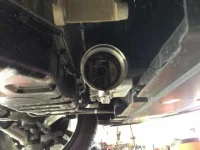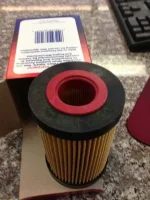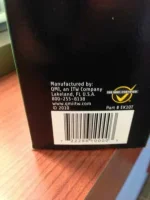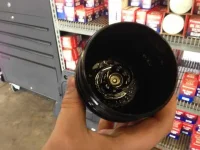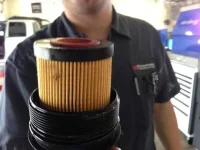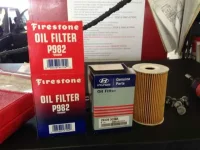Here are pics of the oil filters and the inside of the oil filter case. You can see how one could say the aftermarket works better.
I posted these before either here or in another post dealing with oil filters and oil.
View attachment 2821View attachment 2822View attachment 2823View attachment 2824View attachment 2825View attachment 2826
I believe these are made by Mahle. Who OEM several versions of the same filter under mainstream brands. Firestone uses these. And had great success with the Kendall full synthetic they use.
You can see the inside of the filter can. And see how the aftermarket will be a tighter fit with the protrusion inside the can. When you insert the OEM, it does not feel like a good fit. Once you put in the aftermarket, you feel it fits/seals better. Also, the cheap paper frame of the OEM filter is crap in IMO.
One if the pics shows a part number for a intake and intake valve cleaning system for direct injected engines. They claim that this system works very well to keep intake valves clean for DI engines. As you already know, no gas and cleaners in gas hits the intake valves with DI. They claim that unless the valves have not been maintained with their system, one never has to pull the intakes and walnut blast the valves. The VW, Audi, and BMW are notorious for poor design with this.



